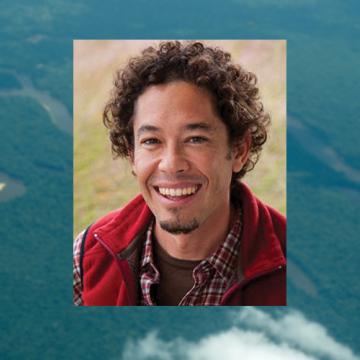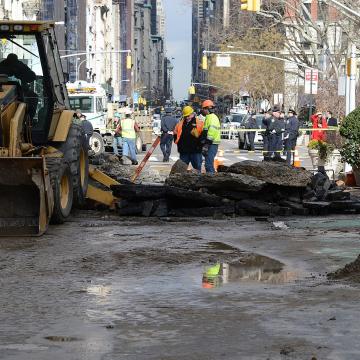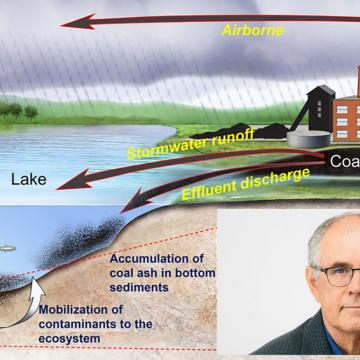-
NewsUrban ecologists developed a new approach to understanding biodiversity patterns in cities. The work could inform efforts to improve access to nature’s benefits.
-
NewsMeet the Doyle Lab, learn more about its research focus, a lab member's experience in the lab and the opportunities the lab offers Duke students.
-
NewsEighteen emerging leaders from water and wastewater utilities across the United States have been selected as 2024-2025 Fellows of the Nicholas School for the Environment at Duke University’s Water Innovation Leadership Development (WILD) Environment+ program.
-
NewsXavier Basurto, Truman and Nellie Semans/Alex Brown & Sons Associate Professor of sustainability science, studies community-based marine conservation. Basurto discusses how fishers can help us understand the effects of climate change by listening to their experiences.
-
NewsAn international team of scientists has revealed high levels of toxic metals in global phosphate fertilizers using a variant of the element strontium to uncover such metals in soil, groundwater and possibly the food chain.
-
NewsThis year’s global Earth Day theme is “planet vs plastics”, and calls for the rapid phase out all single-use plastics.
-
NewsMeet the Vengosh Lab, learn more about its research focus, PhD students' experience in the lab and the opportunities the lab offers Duke students.
-
NewsXavier Basurto is broadly interested in how people in small communities successfully organize themselves for collective action. His recent talk described his work in advancing the understanding of non-colonialist sustainability science: the prospects and limitations of self-organization, or self-governance, for social-ecological sustainability, particularly in the Global South.
-
NewsHard water is contaminated with glyphosate complexes in Sri Lankan communities plagued by chronic kidney disease
-
NewsA new Duke University study finds that municipal waste incinerators' legacy of contamination could live on in urban soils.
-
NewsPeople in areas where drinking water is contaminated with PFAS often want to know their PFAS blood levels but have trouble gaining access to reliable testing, which traditionally involves having their blood drawn by a medical professional.
-
NewsTwo-year effort quantifies water affordability challenge, offers recommended solutions
-
NewsKnowing voters have seen news reports about problems caused by failing or outdated public infrastructures in their district makes local officials who face competitive re-elections more inclined to support new spending to repair or replace the aging structures, a survey of city and county officials in 49 states shows. Findings from the survey by Duke University and the Environmental Policy Innovation Center underscore the continued importance of local media even as newsrooms shrink nationwide.
-
NewsDuke experts discuss how the legislation spurred environmental progress in America
-
NewsToxins in lake bottom may become available to food web














